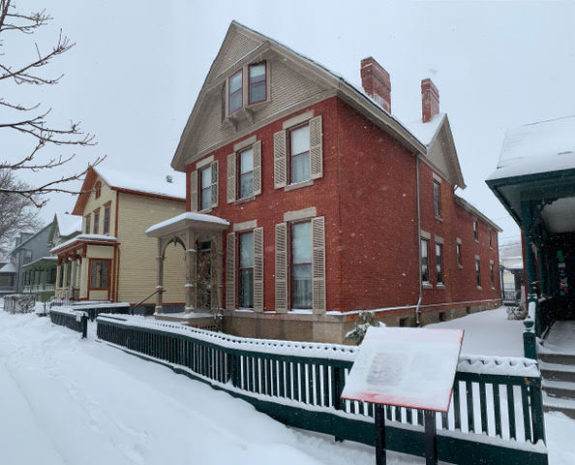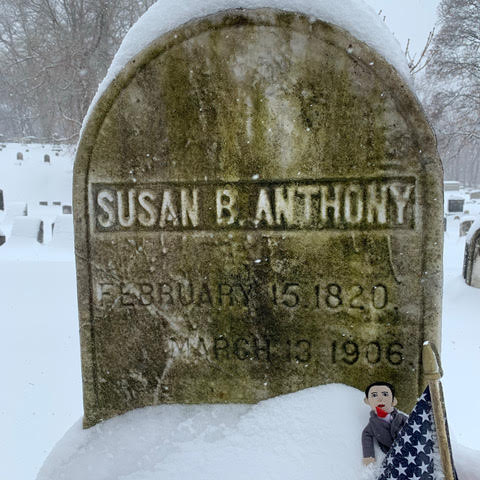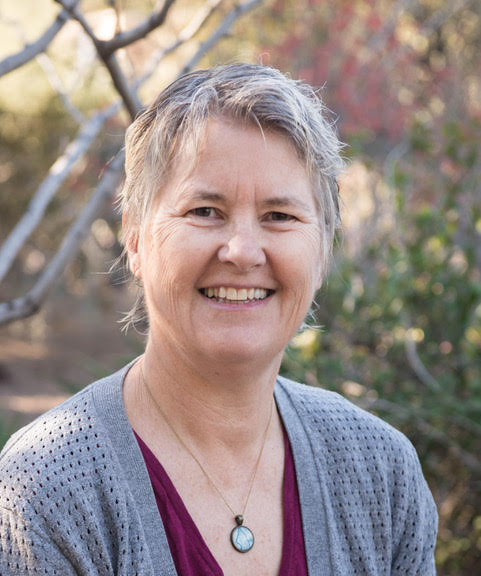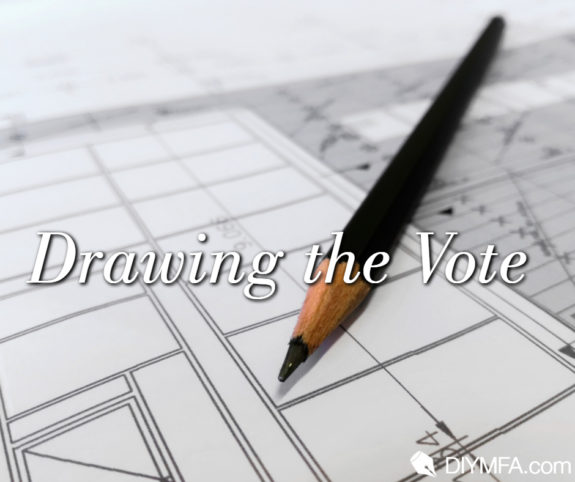Why vote?
I never ask myself this question and here’s why. At nineteen, I went on my first trip abroad. It was Fall 1980. My plan was to traipse across Europe with my bestie, starting in October, have grand adventures, become more worldly, and be home by Christmas. I thought I had prepared for the trip, my knapsack stuffed, Eurail Pass in hand. What had I overlooked?
Voting.
I had never voted in a presidential election and thought I could only cast a vote by going to the polls. I didn’t know there was a process for letting people vote when they were out of the country on election day.
I was in the Plaka in Athens when Reagan won the election. Every shopkeeper asked my friend and I—since we were clearly, from our pigtails to our overalls, American as apple pie—what we thought about our new president. In that moment, the shopkeepers in Athens were more actively engaged in American politics than I was. Regardless of how I would’ve voted in 1980, the shame I felt for not having cast a vote at all lingers to this day.
The first action my children took as newly minted eighteen-year-olds was to register to vote. No way was I going to pass down my own adolescent neglect of duty to my kids. They have voted in every election since, local and national. Their votes give me hope for the future.
This month marks the 100th year since women in the United States won the right to vote. In 1920, my great-grandmother drove nervous women to the polls to vote for the first time in their lives. While our political views are on polar opposite ends of the spectrum, I admire this woman I never met for her efforts to help people vote. In November 1980, I let her down.
When the United States was formed, the right to vote was decided on at the state level and granted mostly to white male landowners, but, through Constitutional amendment, national legislation, judiciary review, and relentless activism, the right to vote has expanded to include more and more American citizens. The history of voting in the United States is a history of struggle. It’s a history of one group suppressing the political voices of others. This story has been delightfully told in graphic novel style in the book, Drawing the Vote, by Tommy Jenkins and illustrated by Kati Lacker.
Drawing the Vote

As I read through Drawing the Vote, I had mixed feelings. Voting is a serious business. Can its history be rendered in comics? Of course, my feelings weren’t really that mixed. As a long-time fan of comedy and an avid reader and creator of cartoons, I know that dark and troubling truths are sometimes best served through humor. What I appreciate about this book is that it uses primary-source quotes in the dialog to convey the story of voting. The facts anchor the content to its serious origins. The levity in the comics style balances against the arduous and often violent events that catalyzed the expansion of voting rights.
Rochester, New York: Home of Susan B. Anthony

One of the last trips I took before the pandemic was to Upstate New York. I went to Rochester with my son who was auditioning for music school. We arrived during a snowstorm that endured through the weekend. As a desert dweller for the past 29 years, I don’t know much about snow, so while he auditioned, I ventured off to the Susan B. Anthony house and museum. Turns out it was a snow day for schools and the museum was closed. Nonetheless, I must have looked sufficiently pitiful, standing on the porch of the former suffragette’s house in all the cold weather clothes I own, that the curator gave me a private tour. Each room was a story of the struggle women made to win the right to vote in the United States. It was a thrill to see the double desk in the attic where she and other suffragettes worked. To stand where she stood that day in 1872 when she was arrested for being a woman AND voting.

After the tour, I took an Uber to Mount Hope Cemetery where Susan B. Anthony is buried. Each November, her headstone becomes festooned with “I voted” stickers left by women grateful for the fight Anthony and other suffragettes fought to pass the 19th Amendment. I told the driver I’d just be a minute and then tromped off into a cloud of snow. He was gone when I got back to the road. I decided to see this abandonment as an opportunity to try something new—walking 2.6 miles through a snowstorm while thinking about voting.
No one else was out on the street. Go figure.
I love to walk. Even with my new bionic hip, I love to get to know a place on foot. I thought a lot about that day in Athens and the shame I felt for not voting. Ever since that day, I have walked to the polls to vote. I love arriving and seeing all the volunteers, modern day versions of my great grandmother, looking up names, handing out ballots, and giving out stickers. Even though voting in Arizona since the erosion of the Voting Rights Act has made finding my polling place more and more difficult, I still walk to the polls to vote.
Until this year. I registered for mail-in voting. I had resisted it for years, but the pandemic has made public gatherings dangerous. It was a simple online process, since Arizona has allowed mail-in voting for years.
But I wasn’t thinking about the importance of mail-in voting as I walked across Rochester. This was in the Before Times, before breathing in public could kill a person. When I neared the hotel, feeling a bit frozen, I sought refuge in the Central Library of Rochester and Monroe County.
Books are my rescue, my teachers, my joy. I sat in the quiet of books while my toes thawed before continuing my walk back to the hotel. I browsed the shelves for Kafka books for my #kafkagoesabroad posts. That was the last picture I posted on IG with my Kafka finger puppet, a constant traveling companion. I admired the block prints on display in glass cases, including one of Fredrick Douglass, standing beside his words “If there is no struggle, there is no progress.”
It seems like another lifetime ago since I took that walk. I looked forward to celebrating the 100 years of voting for women in America. I still do. My son’s 19th birthday this year will be particularly sweet as it marks 100 years to the day since the certification of the 19th Amendment’s ratification. I look forward to casting my vote in November, by mail, from my home in the desert.
Drawing the Vote reminded me not only of the importance of free and accessible elections, but also of the hundreds of years of struggle to exercise this right for all citizens (18 or older) in the United States. I plan on exercising my right for the rest of my life. I hope you’ll join me, by mail, in person, whatever way you can. If you still think your vote doesn’t make a difference, give Drawing the Vote a read…all the way to its very last words: “Your vote counts.”

Rebecca Fish Ewan, a poet/cartoonist/writer and founder of Plankton Press, teaches in Landscape Architecture at Arizona State University. She grew up in Berkeley, California, and now lives in Arizona with her family. Recent books and chapbooks: By the Forces of Gravity, Water Marks, and, forthcoming October 2020, Doodling for Writers. You can connect with her at rebeccafishewan.com







